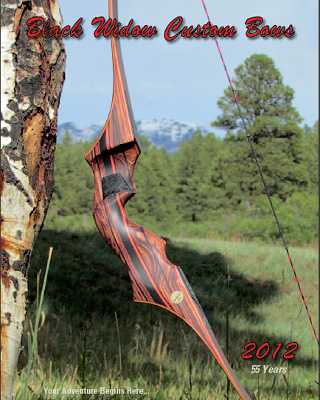I would not try strand bamboo. It would be like having lots of grain runout on a wood shaft.
Laminated bamboo flooring might work OK, but you'd probably have to make sure that the gluue line fell right in the center of the shaft to ensure that the shafts spined consistently. I think they would be extremely heavy though, and would expect them to be more difficult to turn into dowels than wood as I imagine bamboo is more prone to pulling up fibers. Also, since bamboo is most dense and strong at the outer surface, and softer in the inner surface, I think you're going to have trouble with consistent spine.
If you're interested in making shafts I'd probably start with some readily available domestic hardwood. Hard Maple would probably be my first choice. It's not very expensive, and isn;t ring porous, so I think it will machine fairly easily in a dowel maker. Also might consider cherry.
Lastly, if you want heavy shafts you might try finding a nice straight slab of hickory 32" long, and splitting or sawing out blanks from that. Should be very strong and durable.
Although you didn;t ask, since this might be going this direction, I've tried oak dowels for arrows and if you're religious about reading the grain etc. you can get nice shafts, but they spine and weigh all over the place. I would roughly estimate that one cannot start making matched dozens (within 5# spine and 10% weight) until you get roughly 200-300 dowels selected, spined, and weighed.
I would Imagine maple/cherry or other diffuse porous woods would be more consistent because they will not be as greatly affected by differences in early/late wood ratio as oak or ash would be.
On a final note, I know alot of people have had good success using a thumb plane to make arrow shaft blanks. After barrel tapering Douglas Fir shafts with a tapering jig that sand the arrows, and spending the time to sand them back to a nice finish, I can only imagine the PITA that it will be to remove all the tool marks from a dowel maker also.
I saw one video on Ytube where a guy used a router table and a special guide to turn a 3/8" swquare blank into a nice shaft very quickly. This would probably leave minimal tool marks, similar to what is expected froma planer.











